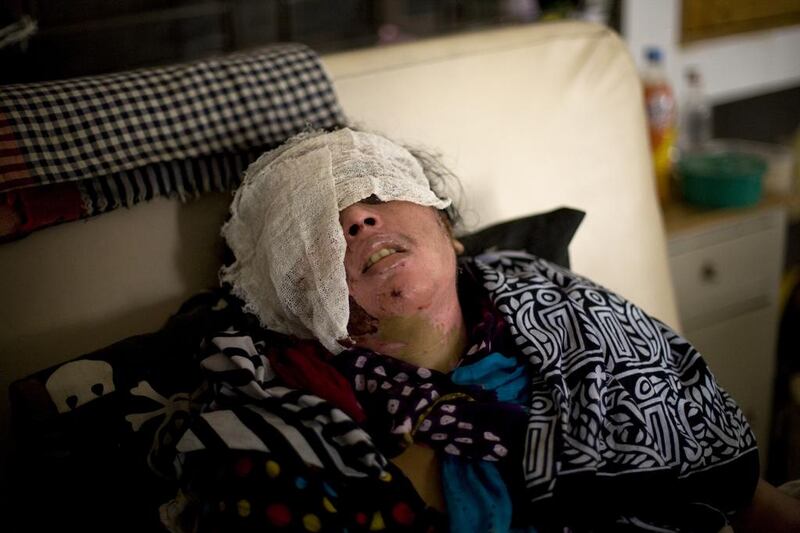Across the world, violence against women and girls remains one of the most serious – and most tolerated – human-rights violations. It's both the cause and consequence of gender inequality and discrimination.
Its continued presence is one of the clearest markers of the lack of balance in societies and we are determined to change that.
With this Wednesday designated International Day for the Elimination of Violence against Women, we reiterate that it is not acceptable, it is not inevitable and it can be prevented.
Although there is no single solution to this complex problem, there is growing evidence that a range of actions can stop violence from taking place, especially if those measures are implemented together. More research will lead to more definitive strategies and interventions to prevent violence.
Collective action by governments and individuals can tackle the unequal power relations between men and women and highlight the necessary attitudinal, practical and institutional changes.
Imagine how different the world would be for girls if we could prevent early marriage, female genital mutilation, domestic violence, abusive text messages, rape, enslavement of women especially in conflict areas, killing of the defenders of women's rights and the hostility of police personnel or legal professionals towards those who testify on cases of violence against women.
We have made progress in improving the laws that distinguish these acts and others as ones of violence and invasion of human rights. Some 125 countries have laws against sexual harassment, while 119 have laws against domestic violence. But only 52 countries have laws on marital rape.
We know that individuals such as chief executives of companies, prime ministers and teachers can set the tone for zero-tolerance to violence. Community mobilisation, educational programmes and empowerment of women are some of the interventions that have great impact when they are backed by legal, behavioural and social changes.
For example, in Uganda, engaging communities in discussions on unequal power relations between men and women led to a drop in physical violence by men against their partners by half.
In Myanmar, the provision of legal aid for rural women is improving their access to justice. The training of a small group of male leaders has been identified as a factor that drove a change in behaviour of some 40 per cent of those in the target communities.
UN Women, the United Nations entity for gender quality and the empowerment of women, is conducting pre-deployment training for peacekeepers to be more gender sensitive and to be able to better protect civilian populations in conflict areas. In the United States, urban police officers are being trained to recognise the warning signs of violence among partners. This is helping to reduce murders of women.
As we launch the awareness-raising Orange the World campaign, we already know that tuk-tuk drivers in Cambodia, football stars in Turkey, police officers in Albania, schoolchildren in Pakistan and hundreds of thousands of others around the world are all in their own way taking a stand.
We now have, for the first time, explicit targets to eliminate violence against women in the 2030 Agenda for Sustainable Development. These demand accelerated action.
The majority of more than 70 world leaders who took to the podium in New York during the Global Leaders’ Meeting on Gender Equality and Women’s Empowerment on September 27 underlined that their priority was to end violence against women and girls.
I believe that if we all work together – the UN, governments, civil organisations, businesses, schools and individuals – we will eventually achieve a more equal world, a “Planet 50-50”, where women and girls will live free from violence and fear.
Dr Phumzile Mlambo-Ngcuka is UN undersecretary-general and executive director, UN Women





